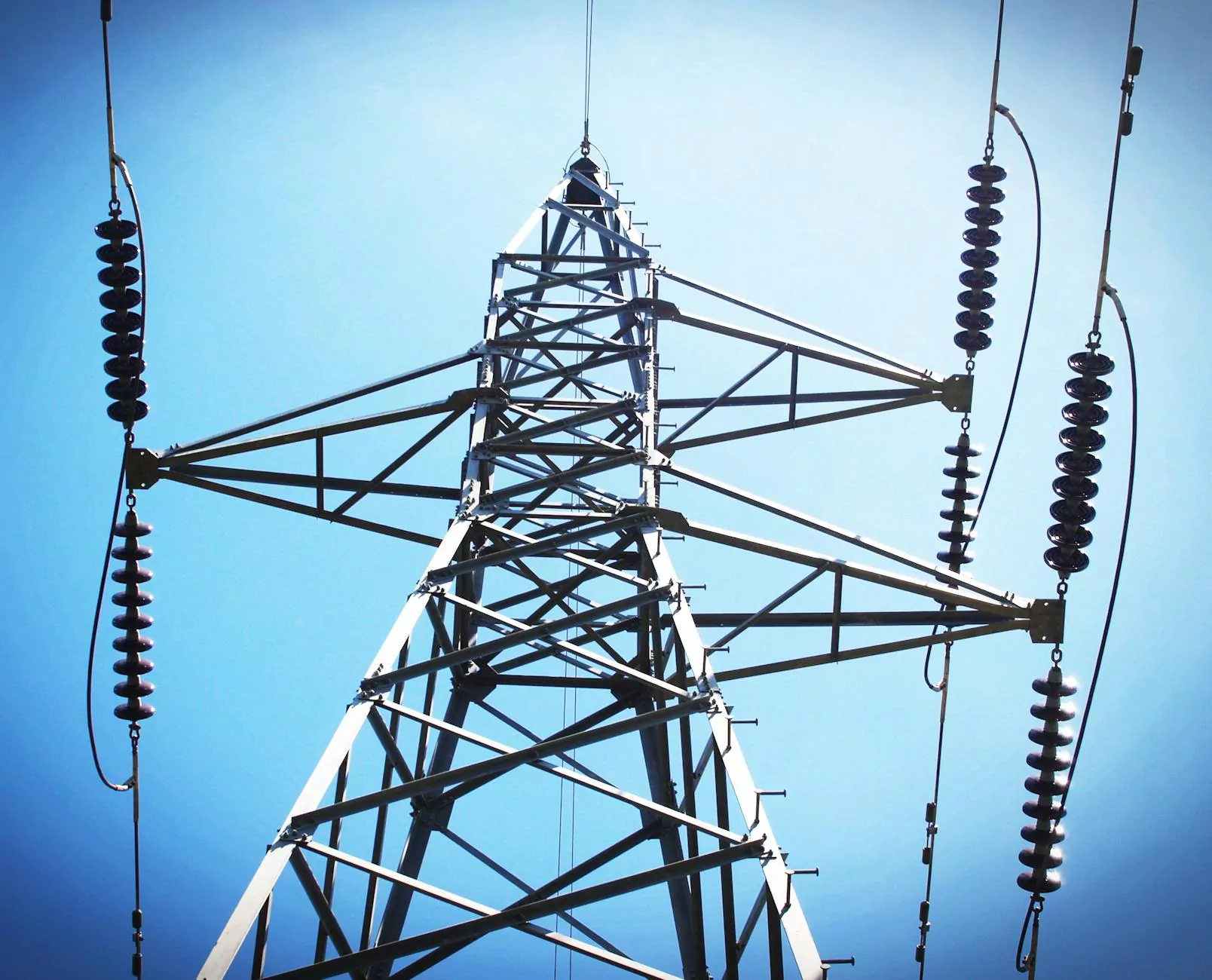Blackout: The Ultimate Guide to Preventing Power Outages

Welcome to Dekosas!
At Dekosas, we understand the importance of a reliable power supply for businesses. Power outages can take a toll on productivity, disrupt operations, and result in financial losses. In this comprehensive guide, we will explore effective strategies to prevent power outages and ensure uninterrupted operations. Read on to discover how blackout preparedness can save you time, money, and provide peace of mind.
Understanding Power Blackouts
A power blackout, also known as an electrical outage, is an unexpected disruption or complete loss of electrical power. These interruptions can occur due to a variety of reasons, including severe weather conditions, equipment failure, utility maintenance, or natural disasters. Regardless of the cause, power outages can have severe consequences for businesses, leading to data loss, interrupted production lines, and potential damage to sensitive equipment.
The Importance of Blackout Preparedness
Blackout preparedness is crucial for businesses of all sizes. By taking proactive measures to prevent power outages or minimize their impact, you can safeguard your operations and keep your business running smoothly. Here are a few reasons why blackout preparedness is essential:
- Reduced downtime: By implementing preventive measures, you can reduce the downtime caused by power outages. This allows you to maintain productivity, meet deadlines, and keep your customers satisfied.
- Protection of data and equipment: Power outages can result in data loss or even damage to expensive equipment. Proper blackout preparedness includes measures such as backup power systems and surge protectors to prevent such damage and ensure the safety of your vital assets.
- Minimized financial losses: The financial impact of a power outage can be significant. With blackout preparedness strategies in place, you can minimize this impact by avoiding revenue loss, product spoilage, and repair costs.
- Compliance with regulations: Certain industries, such as healthcare and finance, have specific regulations regarding power outage preparedness. By adhering to these guidelines, you can avoid penalties and ensure the well-being of your employees and customers.
Effective Strategies for Blackout Preparedness
Now that you understand the importance of blackout preparedness, let's explore some effective strategies that can help you prevent and mitigate the impact of power outages.
1. Invest in Backup Power Systems
A reliable backup power system is a cornerstone of blackout preparedness for any business. Generators, uninterruptible power supply (UPS) units, and automatic transfer switches are essential components of a robust backup power system. These systems act as a secondary power source, ensuring uninterrupted electricity supply during outages and allowing your business to continue operations seamlessly.
2. Conduct Regular Equipment Maintenance
Regular maintenance of your electrical equipment is key to preventing power outages caused by equipment failure. Inspecting and servicing electrical panels, wiring, and machinery on a scheduled basis can identify potential issues before they escalate into major problems, reducing the likelihood of blackouts.
3. Implement Surge Protection Mechanisms
Power surges often accompany power outages, posing a significant risk to your electronic devices and equipment. By installing surge protectors, you can safeguard your sensitive equipment from voltage spikes and ensure they remain undamaged during blackouts.
4. Develop an Emergency Response Plan
Having a well-defined emergency response plan is essential during power outages. The plan should outline the roles and responsibilities of designated employees, specify communication protocols, and include contingency measures to ensure the safety of personnel and minimize the impact on operations.
5. Educate and Train Employees
Ensuring that your employees are well-informed and trained on blackout preparedness measures is crucial. Conduct regular training sessions to educate them on emergency procedures, safe equipment shutdown, and the use of backup power systems. This empowers your workforce to handle power outages efficiently and effectively.
6. Consider Off-Site Data Backup
Data loss can be catastrophic for businesses during power outages. Implementing off-site data backup solutions, such as cloud-based services, can safeguard your valuable information, ensuring its accessibility even during extended blackout periods.
7. Stay Informed and Monitor Weather Events
Being aware of weather forecasts and monitoring potential weather-related risks can help you take proactive measures in the face of imminent blackouts. Sign up for weather alerts, maintain communication with local utility providers, and have backup communication systems in place to stay informed and make timely decisions.
In Conclusion
Power outages can have significant impacts on businesses, but with proper blackout preparedness, you can prevent and mitigate these risks. Investing in backup power systems, conducting regular equipment maintenance, implementing surge protection mechanisms, developing an emergency response plan, educating employees, considering off-site data backup, and staying informed on weather events are all critical steps towards blackout preparedness. Remember, at Dekosas, we are here to support and guide you in securing your business against the disruptive effects of power outages. Contact us today to learn more about our blackout prevention solutions and ensure uninterrupted operations for your business.










